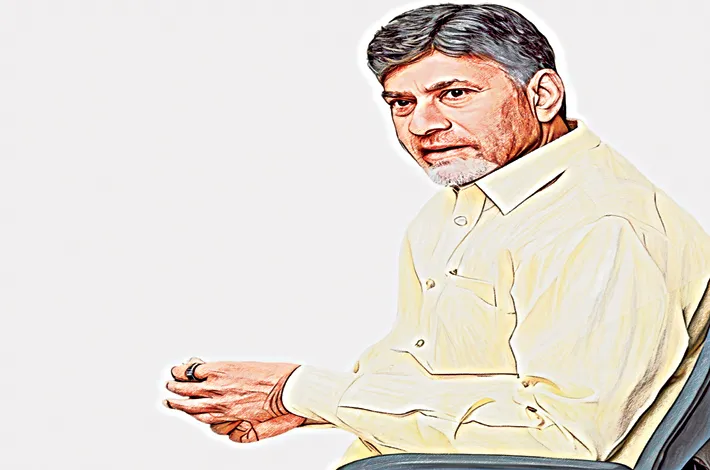The Importance of Humility in Everyday Life
24-03-2025 12:00:00 AM

In everyday life, humility is a compass that keeps us oriented toward what’s real and meaningful
Humility is often seen as a quiet virtue, one that doesn’t demand attention or applause. Yet, its presence—or absence — profoundly shapes our interactions, relationships, and personal growth.
In a world that celebrates self-promotion and individual achievement, humility stands as a counterbalance, reminding us of our shared humanity and the value of staying grounded. Far from being a sign of weakness, humility is a strength that fosters connection, resilience, and a deeper understanding of ourselves and others. In everyday life, embracing humility can transform how we navigate challenges, build relationships, and approach success.
At its core, humility is the ability to recognize our own limitations and imperfections without shame. It’s not about diminishing ourselves but about seeing ourselves clearly—acknowledging that we don’t have all the answers and that we’re part of something larger.
This mindset opens the door to learning and growth. Consider a workplace scenario: an employee who admits they don’t understand a task and seeks help is more likely to master it than one who pretends to know everything. Humility allows us to ask questions, listen, and adapt—skills that are essential in an ever-changing world.
In relationships, humility acts as a glue that binds people together. When we approach others with a willingness to see their perspectives, we create space for trust and mutual respect. Think of a disagreement with a friend or partner. A humble response—saying “I might be wrong here” or “I’d like to hear more about how you feel”—can de-escalate tension and pave the way for understanding. In contrast, pride often fuels conflict, as it digs in its heels and refuses to bend. Humility doesn’t mean surrendering your convictions; it means holding them lightly enough to consider someone else’s point of view.
This quality also enhances our ability to connect across differences. In a diverse society, humility reminds us that no one has a monopoly on truth or experience. It encourages curiosity over judgment. For instance, meeting someone from a different cultural background can be an opportunity to learn rather than to compare or compete. By setting aside the need to be “right” or superior, we build bridges instead of walls. This is especially vital in an era where social media often amplifies division, rewarding loud voices over thoughtful ones.
Humility also plays a crucial role in how we handle success and failure. When we achieve something great, it’s tempting to bask in the glow of our own brilliance. But a humble person recognizes the contributions of others—be it a mentor’s guidance, a team’s effort, or even luck.
This not only keeps us grounded but also earns us genuine respect. People are drawn to those who share credit rather than hoard it. On the flip side, humility cushions the blow of failure. By accepting that setbacks are part of being human, we’re more likely to dust ourselves off and try again rather than wallow in self-pity or blame.
One of the most overlooked benefits of humility is its impact on mental well-being. Constantly striving to prove ourselves or maintain an image of perfection is exhausting. Humility offers relief from that pressure. It allows us to let go of the need to impress and instead focus on what truly matters—living authentically and with purpose. Studies in psychology have linked humility to lower levels of stress and higher satisfaction in life. When we stop measuring ourselves against others and accept our own worth, we find a quieter, more sustainable kind of peace.
Of course, humility doesn’t come naturally to everyone. Modern culture often equates it with weakness, pushing us to “fake it till we make it” or to project unshakable confidence. But true strength lies in vulnerability, in the courage to say “I don’t know” or “I need help.” Practicing humility might start small—listening more than speaking in a conversation, thanking someone for their input, or admitting a mistake without defensiveness. Over time, these habits reshape how we see ourselves and the world.
Critics might argue that humility leaves us vulnerable to being overlooked or taken advantage of. In a competitive environment, won’t the humble get trampled by the bold? Not necessarily. Humility isn’t passivity; it’s a quiet power that earns trust and loyalty. Leaders who model humility—think of figures like Nelson Mandela or modern examples like Jacinda Ardern—often inspire far more than those who rule by ego. People follow those they respect, not those who demand admiration.
In everyday life, humility is a compass that keeps us oriented toward what’s real and meaningful. It softens our edges, deepens our connections, and lightens our burdens. It’s not about erasing ambition or confidence but about tempering them with grace. As we move through the mundane and the monumental, humility reminds us that we’re all works in progress, stumbling and growing together. In a loud, self-focused world, this quiet virtue might just be the key to a richer, more human existence.








